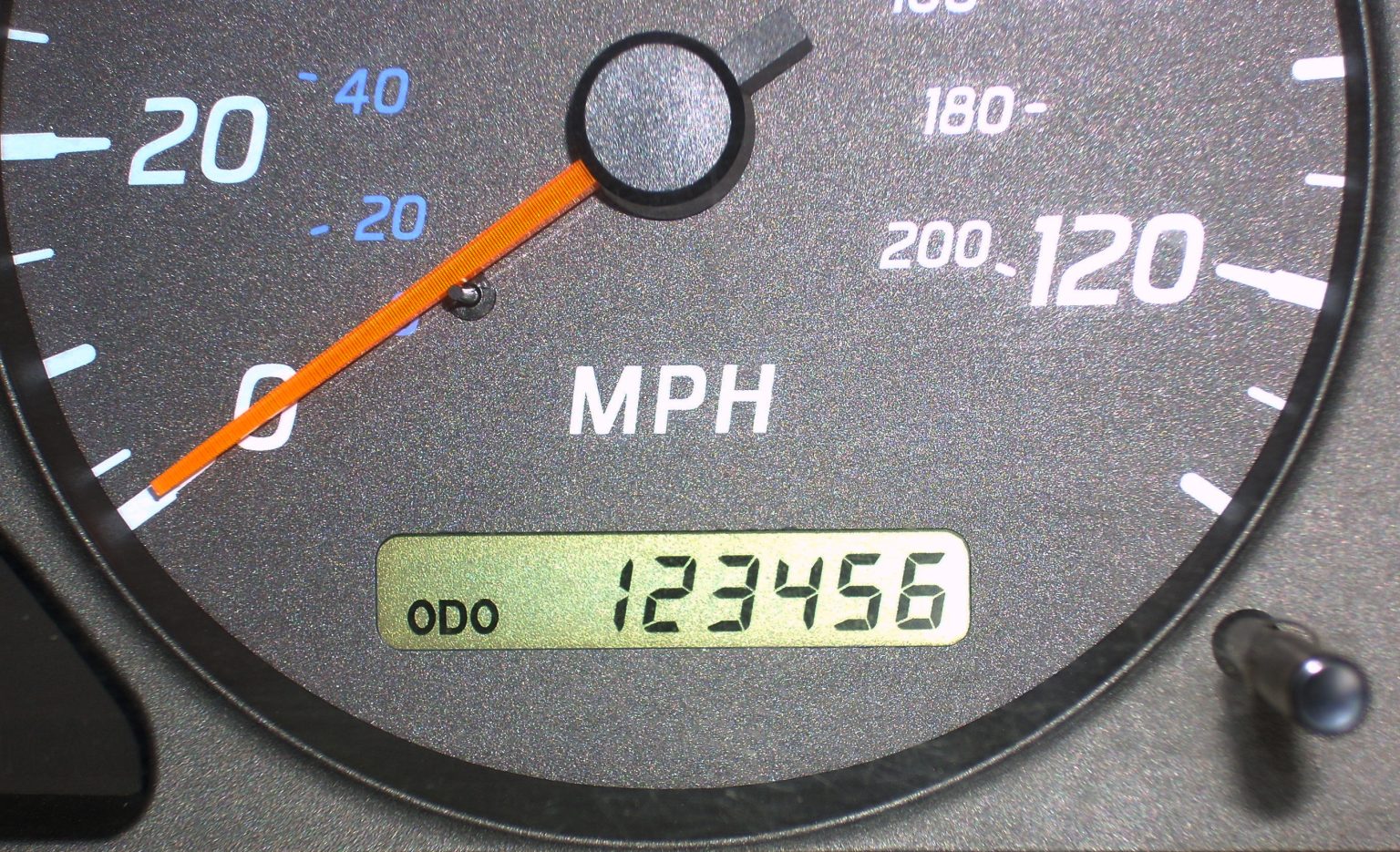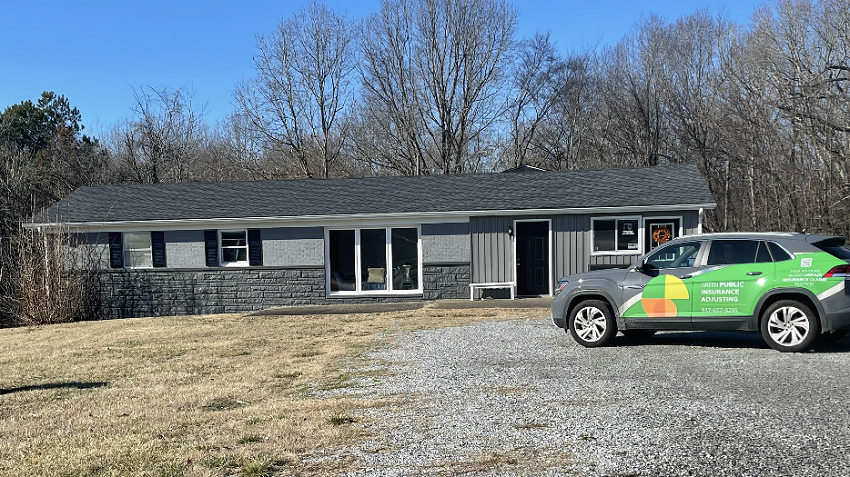In the world of insurance claims management, especially within property damage restoration and appraisal, time and mileage add up fast. One common point of confusion among policyholders, contractors, and even some adjusters is whether it’s appropriate—or even customary—to charge for travel associated with a site inspection.
Let’s break down the issue of trip charges and whether they can be included in your listed expenses when managing a property damage claim.
📍 When Does a Trip Charge Make Sense?
Trip charges typically apply when a field professional (inspector, appraiser, contractor, or consultant) travels beyond a standard service radius to reach the inspection site. For many firms, that threshold is 30 miles roundtrip.
Why this matters:
- Travel time is billable time. A two-hour drive cuts into your billable day and limits how many claims you can inspect.
- Vehicle wear and tear, fuel costs, and lost productivity are real expenses.
- Remote locations or multiple site visits for complex losses often go uncompensated without a defined travel policy.
In this context, adding a trip charge or mileage fee becomes not only reasonable—it may be necessary to sustain the claim professional’s operations.
💼 Industry Standards and Best Practices
Within the property claims industry, there is no hard-and-fast rule on trip charges. However, most reputable firms and independent adjusters follow these best practices:
- Define the radius within which inspections are included in the base fee (e.g., 30 miles roundtrip).
- Specify trip charges up front in the service agreement, retainer, or estimate.
- Use standard mileage reimbursement rates (such as the IRS rate—$0.67/mile in 2024) for fairness and consistency.
- When charging a flat trip fee, ensure it’s proportionate to the distance, time, and local norms.
If a policyholder asks, “Why am I being charged for a trip?”—you should be prepared to explain your policy, backed by documentation and market comparables.
🧾 Can Trip Charges Be Submitted as Claim Expenses?
Yes—with some caveats.
Trip charges and mileage can often be included as legitimate claim-related expenses, especially when:
- The charge relates to inspection, estimation, or documentation needed to support the claim.
- The professional’s services are clearly tied to claim resolution (e.g., public adjuster, appraiser, expert inspector).
- The claim settlement includes allowances for professional fees, consulting, or investigation.
However, not all carriers reimburse travel costs, and approval may depend on how clearly the expense supports the claim. In some cases, policy endorsements or adjuster discretion will determine reimbursement.
👉 Tip: Always present travel expenses as part of a professional fee schedule, and include them in your invoices with clear justification.
✅ Final Thoughts: Set Expectations Early
If your firm regularly inspects properties more than 30 miles away, you should:
- Build trip charge language into your agreements.
- Make sure clients understand the travel policy before you arrive.
- Submit all travel-related fees in a professional invoice format, tied to deliverables (inspection, estimate, report).
- Keep a mileage log or GPS record when applicable.
Setting expectations upfront protects your time, keeps your clients informed, and ensures your claim-related efforts are both ethical and sustainable.
Need help drafting a professional rate sheet or travel fee policy? We’d be happy to help. Message us for templates or examples.





